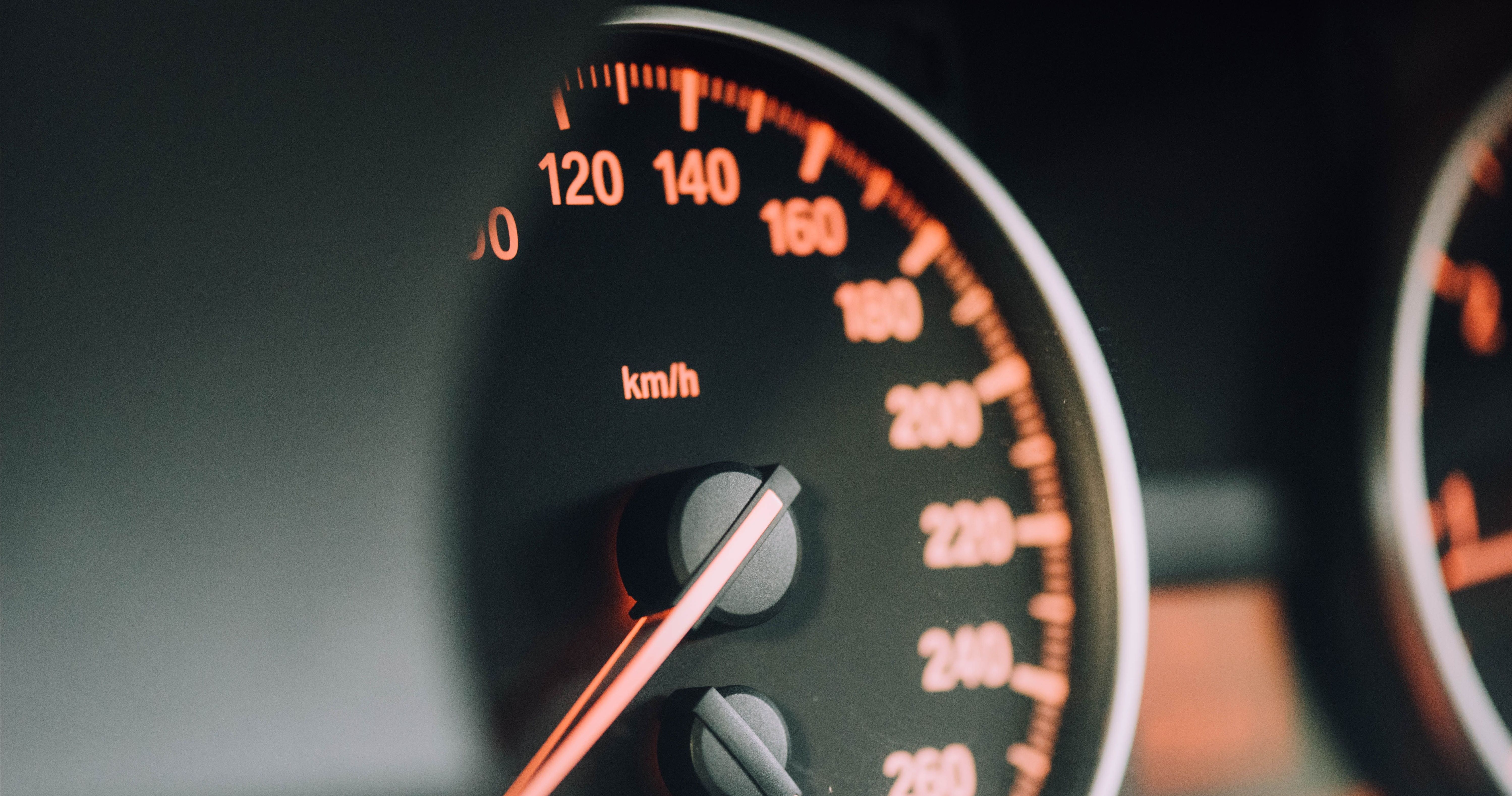Getting involved in a car accident tends to be a very stressful and traumatic experience, even if you are not physically hurt. But while the emotional and mental toll could be overwhelming, knowing what to do in this situation can help you cope better.
If this happens to you, remember to always check for injuries on yourself and your companions, then move the vehicles to a safe location unless it is a major collision. You must also call the police for assistance and documentation, exchange information with the other party, take pictures of the accident, contact your insurance company, as well as hire a car accident lawyer to help you file and process your claims.
Of course, no one wants to get involved in a car accident, but it can occur anytime, sometimes when you least expect it. “Car accidents happen — even to the safest, most careful drivers on the road. There are over six million car accidents that occur across the United States each year,” shares Rich Barnes, President of The Barnes Firm.
Fortunately, there are some steps that you can take to minimize your probability of getting into an accident, and driving safely is one of the most important factors. This includes observing the road while driving and paying attention to the drivers around you so you can react quickly if something happens. It is also best to check the weather before heading out so you can make ample preparations accordingly, and never get behind the wheel if you are under the influence of alcohol.
Aside from these, you need to take good care of your car as well so that it is always in prime condition when being used. Having a well-maintained car can help you travel more safely by preventing breakdowns, malfunctions, and system failures, which are some of the more common causes of vehicular accidents. Ensure that your care is ready for the road by following these practices:
1. Check The Fluid Levels In Your Car
Your car needs different types of fluids in order to function properly. One of these is the engine oil which serves as a lubricant while also cooling and cleaning the engine parts. Having an insufficient amount of oil can result in significant engine damage, which is why you need to check your engine oil at least twice a month. Ideally, you should also get an oil change every 3,000 miles (5,000 km) or even earlier – most experts recommend doing one after 2,500 miles (4,000 km) so you don’t have to rush at the last minute.
Other fluids that need to be checked regularly are the transmission fluid, power steering fluid, engine coolant, windshield washer fluid, and brake fluid, which can all affect how your vehicle performs on the road. Refer to your vehicle's service manual or ask a mechanic to help you determine how often you need to change or refill these fluids.
2. Have A Regular Maintenance And Tune-Up Schedule
If you've been putting off having your vehicle serviced because of the cost, you may end up spending more when the problem becomes too costly to ignore. This could also put you in danger because your car could already be unsafe for travel without realizing it. On the other hand, regular maintenance and tune-up services can not only keep you safe but would also extend the life of your car, minimize your fuel consumption, and help you avoid expensive repairs in the future.
Typically, your car should be checked and tuned up every six months or every 10,000 miles, whichever comes first, but this can sometimes vary depending on the make and model of the car. Some of the newer cars that come with fuel injection systems and electronic ignition can last as long as 25,000 to 100,000 miles without needing significant tune-ups, depending on the car manufacturer's recommendation.
3. Check Your Tires Before Every Ride
Your car tires play an important role in road safety, but they must be in good condition so they can do their job well. For example, worn-out tires tend to lose air pressure, leading to more fuel consumption and even affecting the vehicle's braking and steering, so be sure to replace your tires once they no longer meet the 2/32" standard.
Tire pressure is another factor that you should take into consideration. Under-inflated tires have less traction and stability, leading to reduced steering and braking abilities of the vehicle, while over-inflated tires can result in a dangerous blowout and cause you to lose control of your car. As such, make it a habit to check your tire pressure before every ride and add air to them if needed until they are at the level your car manufacturer recommends.

